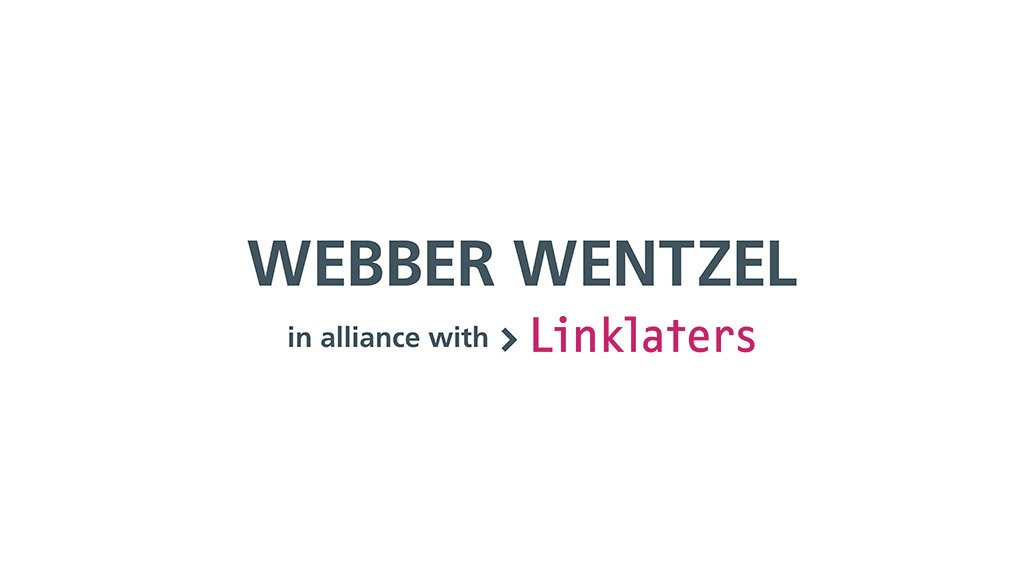The investment landscape within the African private equity and venture capital markets has changed both slowly and suddenly since 2020. Low interest rates initially led to a boom in private capital deals in 2021 and 2022, totalling USD 7.4-billion and USD 7.6-billion in value, respectively. By 2023, however, private capital deals declined by 28% in volume and 22% in value, a nominal decline of USD 1.7-billion.
Interactions with sector professionals have revealed how changing market conditions are driving new trends and behaviours. With the African Private Capital Association’s annual conference taking place in Johannesburg during the week of 22 to 26 April 2024, it is a prescient time to consider these trends, which can be placed in four categories:
- Mauritius remains the primary home of African-based funds, but continental and foreign competition is emerging as managers seek flexibility and fit for purpose domiciliation.
- New international, local, and institutional capital sources are seeking ways to deploy capital.
- Focused, narrative-supported investing is playing an increasingly important role in fundraising.
- Exit opportunities will remain difficult to come by.
This article unpacks the changing domicile trends within the market and how new entrants are providing alternative funding sources, but with conditions.
Investors are seeking greater flexibility in terms of location and structure
For some time, Mauritius has been a leading market for investors with an Africa mandate. The island’s favourable exchange controls, 46 double taxation treaties, policy support, and experienced financial services sector have made it the most popular domicile for African-focused funds.
South Africa remains a viable and popular option for funds seeking to deploy capital across Africa generally, evidenced by the increasing number of dollar denominated South African funds that have been established recently. However, its higher burden of regulations and reporting criteria, as required by the Reserve Bank, makes it less attractive to some managers. The Kigali International Financial Centre (KIFC) is among the newest entrants in the market, with the government providing substantial support to attract investors and fund managers alike.
As a new entrant, it will be important for the KIFC to demonstrate that it will remain competitive over a sustained period of time and offer managers the additional value add such as competent service provider support, investor protection, increased number of Double Tax Treaties with relevant countries.
As asset managers and investors scout for ideal markets to base their funds, what has become increasingly apparent is the demand for flexibility in fund structure. Before the downturn, funds were able to raise and close quickly, but as of 2024, it is taking funds between one and two years to reach close, due to the highly competitive African fundraising landscape. Currencies in key African markets have also shown significant elasticity in recent years.
In addition, exit opportunities have remained limited in Africa. Consequently, investors are requesting vehicles that are designed for flexibility and pivots, ranging from parallel structures to continuation funds and feeder funds, to widen their basket of opportunities.
New funding actors are emerging but with conditions
Although we are seeing an increasing number of private equity funds being established in African countries such as Botswana, Namibia, Nigeria and Ghana these are mostly backed by institutional funds and state-backed instruments. These pension funds are restricted in their deployment by asset limitations and regulations depending on where they are based.
In addition, in some African countries such as Ghana, private equity funds are established as companies which restricts allocation by local pension funds. To attract international investors it is worth remembering that their preference is for partnerships structures because they afford flexibility, tax efficiency and limitation of liability.
With the rise of ultra-high net individuals across Africa, Family Offices are also becoming increasingly important within the private equity and venture capital landscape. It has been interesting to observe that these offices are investing in private equity funds that allow them to diversify their investment while simultaneously offering a transfer of skills as they prioritise value preservation and legacy protection.
The number of family offices allocated capital to private equity and venture capital funds has grown substantially in recent years. Given the challenging fundraising environment, family offices represent a vital and growing source of capital for a somewhat constrained market.
Written by Ashford Nyatsumba, Partner & Michael Denenga, Partner, Webber Wentzel
EMAIL THIS ARTICLE SAVE THIS ARTICLE ARTICLE ENQUIRY
To subscribe email subscriptions@creamermedia.co.za or click here
To advertise email advertising@creamermedia.co.za or click here











